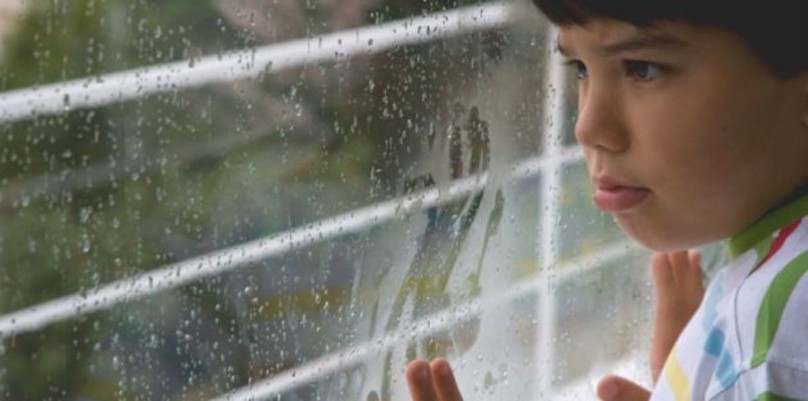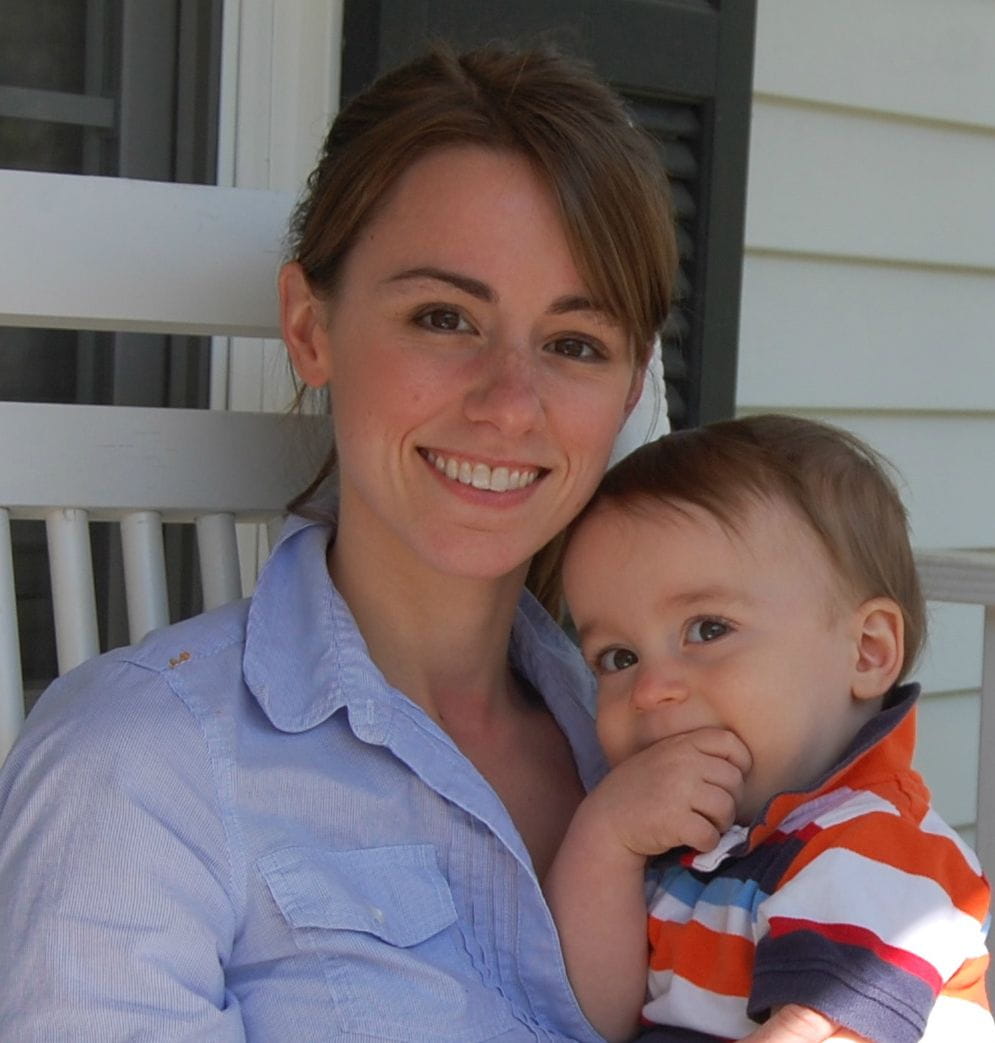
Growing up, I wanted to do it all. Whatever I had was only good enough until I found something else. I thought I had worked through much of my anxious discontentment over the last few years, until the fall morning I heard my voice echoed in the words of my two-year old son.
He had just woken up and come into our room. I sat up in bed and suggested something for breakfast, when he responded with, “I wanna go mommy!” “Go where?” I asked. “In the car…please! I wanna go!” He ran out to the living room and tugged on the door. “Please mommy! Let’s go!” In that moment, a mirror was raised to reveal the unsettling reflection of one of my greatest struggles; and I suddenly saw the patterns of discontentment spread throughout his day-to-day behavior. I saw it in his impatience with staying home. I saw it in his disregard for toys, books and games. I saw it in his overall fear of missing out. How did such a little person learn to view life this way? I knew the answer the instant the words left his mouth – I taught him.
My own restlessness meant that we filled our days with busyness in order to avoid being home. We got up and left. We came home for naps and left again. If he wanted to play outside, we drove to find a park rather than playing in the field outside our apartment. If I didn’t like what we had in the refrigerator, we went out to pick up something else. If we didn’t have plans by breakfast, we drove around until we either found something to do or it was time to go back home.
Without meaning to, I taught my son that life happened out there, not here. I taught him that home was a place for sleeping, but not living. And I taught him that stillness was unacceptable. My message was received loud and clear, and it was time for a change.
Please notice that the title of this article says, “…what we’re doing about it.” It does not say, “how we fixed it.” I don’t have perfect answers and our solutions might not apply to every family, but this is the process we are working through. It’s messy and at times we fail, but it’s the act of trying that’s transforming us.
1. As parents, we are addressing our own discontentment. If we want our children to learn to appreciate what they have, we have to model such gratitude. In our home, this boils down to two things: we’re staying in more and we’re preparing meals from what’s already in the kitchen. We are showing them that life here is as exciting and rich as life out there. The more we lean into the gifts God has given us with sincere thankfulness, the more we are overwhelmed with contentment and peace. Our days are losing their anxious undertones and our evenings are gaining a new sense of restfulness. My children are students of my life more than any other person I will encounter. They listen, observe, learn and repeat. Change begins with me.
2. We are remembering that boredom is good. I recall bringing this tiny baby home from the hospital, looking at him in my kitchen and thinking, “now what do I do with you?” At just three weeks old, I felt a pressing need to entertain him. As parents, we want to provide for our children and ensure they lack nothing. Boredom feels like a negative statement about our ability to do this. It tempts us to believe we are letting our kids down, even neglecting them, if they are left to be bored.
Research has shown that boredom is healthy and necessary for development. It engages the brain, fosters creativity, pushes the exploration of new things, and teaches skills for handling idle times. As we move towards a more content home, we are embracing silence. With the many purposes God weaves into these quiet moments, it is no surprise to me that Satan works so hard to distract us with static noise and activity.
3. We are reducing everyone’s screen time. First, there are the physical changes television produces in the brains of small children. We noticed that in the days after our son watched an extended amount of TV, he was more irritable, less patient and significantly less interested in his toys and books. Then I came across Dr. Dimitri Christakis’s Ted Talk’s presentation. The research he presented offered a number of compelling reasons for limiting screen time, one of which was the effect television has on the way brains process the introduction of new objects. The more over stimulated our son became through watching TV, the more disinterested he was in toys, games, books and art. As we backed away from the screen, his favorite shows were replaced with new favorite activities, like puzzles. Watching him sit with puzzles has become one of my purest joys as a mother; and it’s a love he wouldn’t have found without a few boring afternoons.
As if this wasn’t reason enough, there are also the expectations brought on by TV. The more television my husband and I watch, the more we become disillusioned with our present circumstances. We get caught comparing the real world to an imaginary one, and as a result, we buy into the lie that our lives are lacking in some way and a breeding ground for discontentment is born. The less we look at a world that isn’t real, the more careful, appreciative attention we give the world we are actually walking through.
It’s a process and we’re learning. With each step, we are pulling out weeds of ingratitude and replacing them with truth and gratefulness. The results are more peaceful days, quieter nights, and a little boy who loves puzzles as much as he once loved Elmo.
Our children are watching us. What changes do we pray for in them that are simply reflections of lessons they learned from us? Anger? Selfishness? Discontentment? As we pray, restructure and plan to adjust behavior, let us not forget that the change begins with us.








